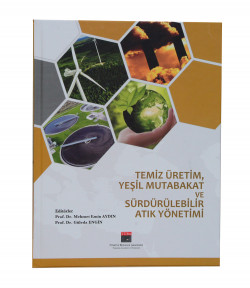Macro Problems Caused By Microplastic Waste: A Sustainable Management Approach

Macro Problems Caused By Microplastic Waste: A Sustainable Management Approach
Microplastics are plastic particles smaller than 5 mm in size that are now ubiquitous in the environment. It is a problem that is becoming a major concern for marine and terrestrial ecosystems as well as for human health. Microplastics can reach the final receiving environment from a variety of sources, but one of the major contributors is the breakdown of discarded large plastic products. Data shows that global plastic production has now reached 367 million tons. A significant proportion of plastic waste generated on land inevitably reaches water bodies. The fact that microplastic waste has become a serious problem, harming the environment and society, has led to the need for sustainable management approaches. A sustainable management approach to microplastic waste requires first identifying the root sources of the problem, reducing the generation of plastic waste and developing effective waste management strategies. An important way to reduce plastic waste generation is through recycling and the use of biodegradable alternatives. In addition, reducing the dependence on single-use plastics should be encouraged, and even going one step further, necessary regulations should be made in the legislation for such plastic products.
